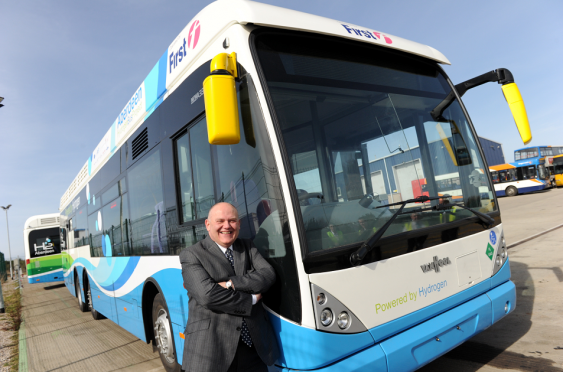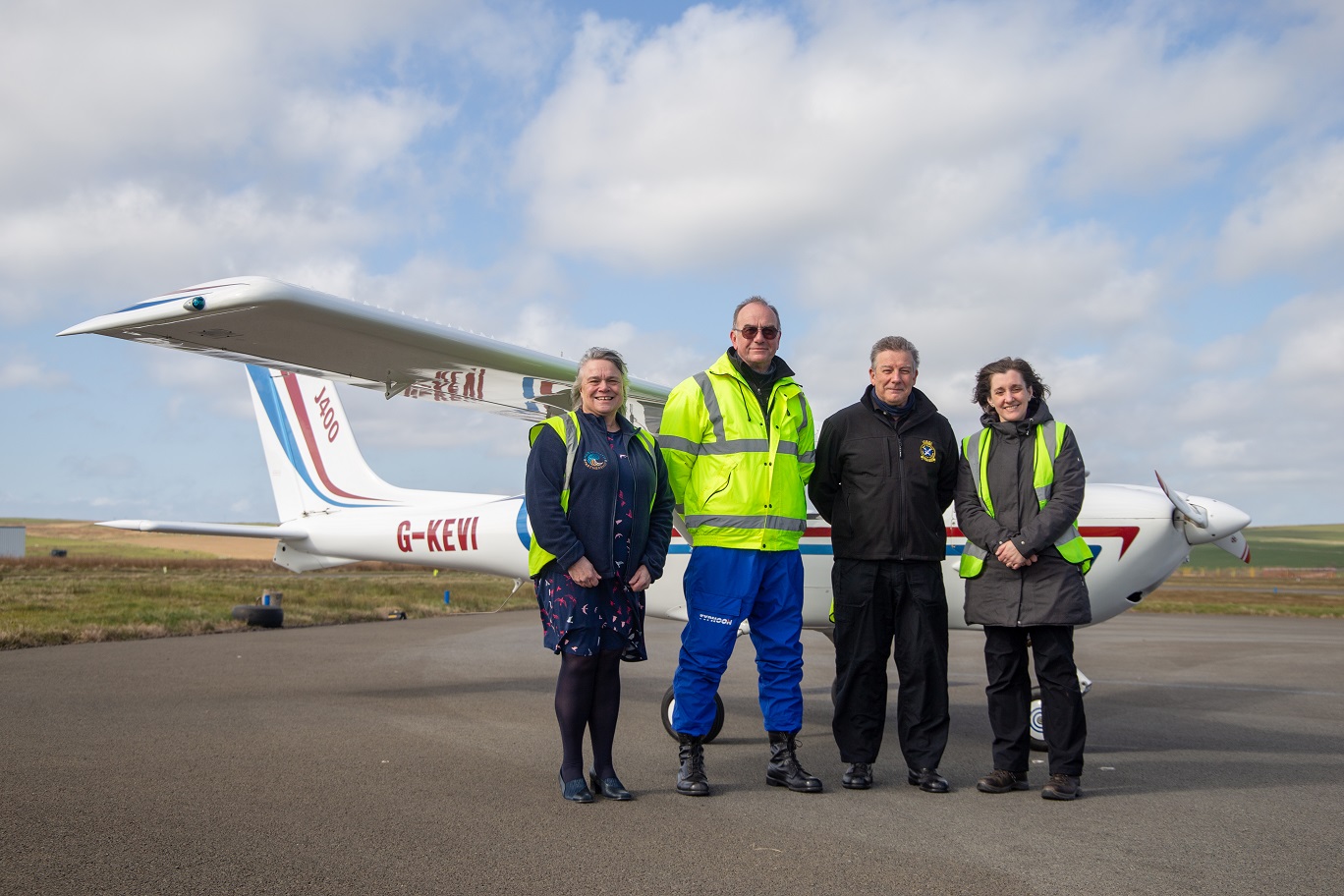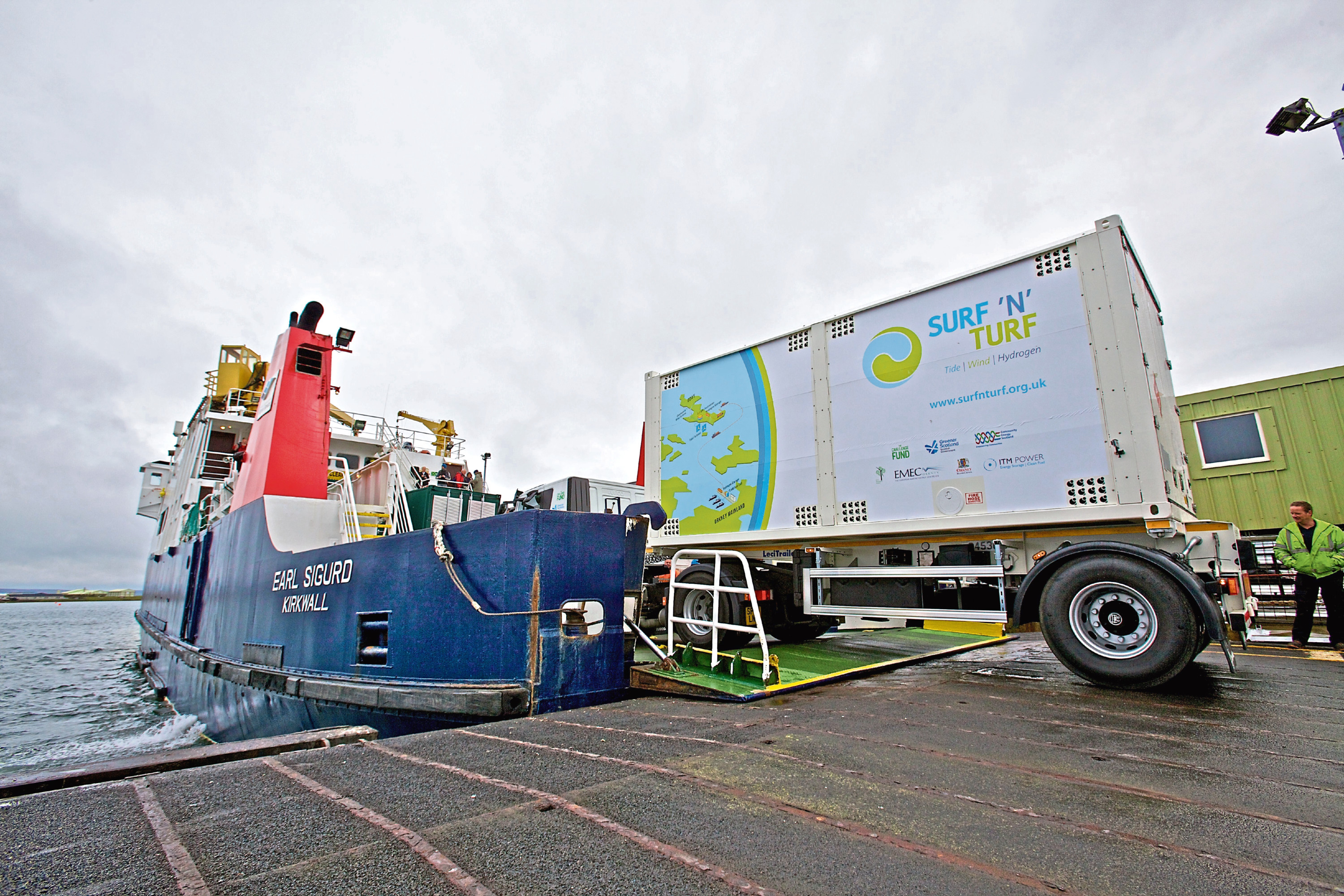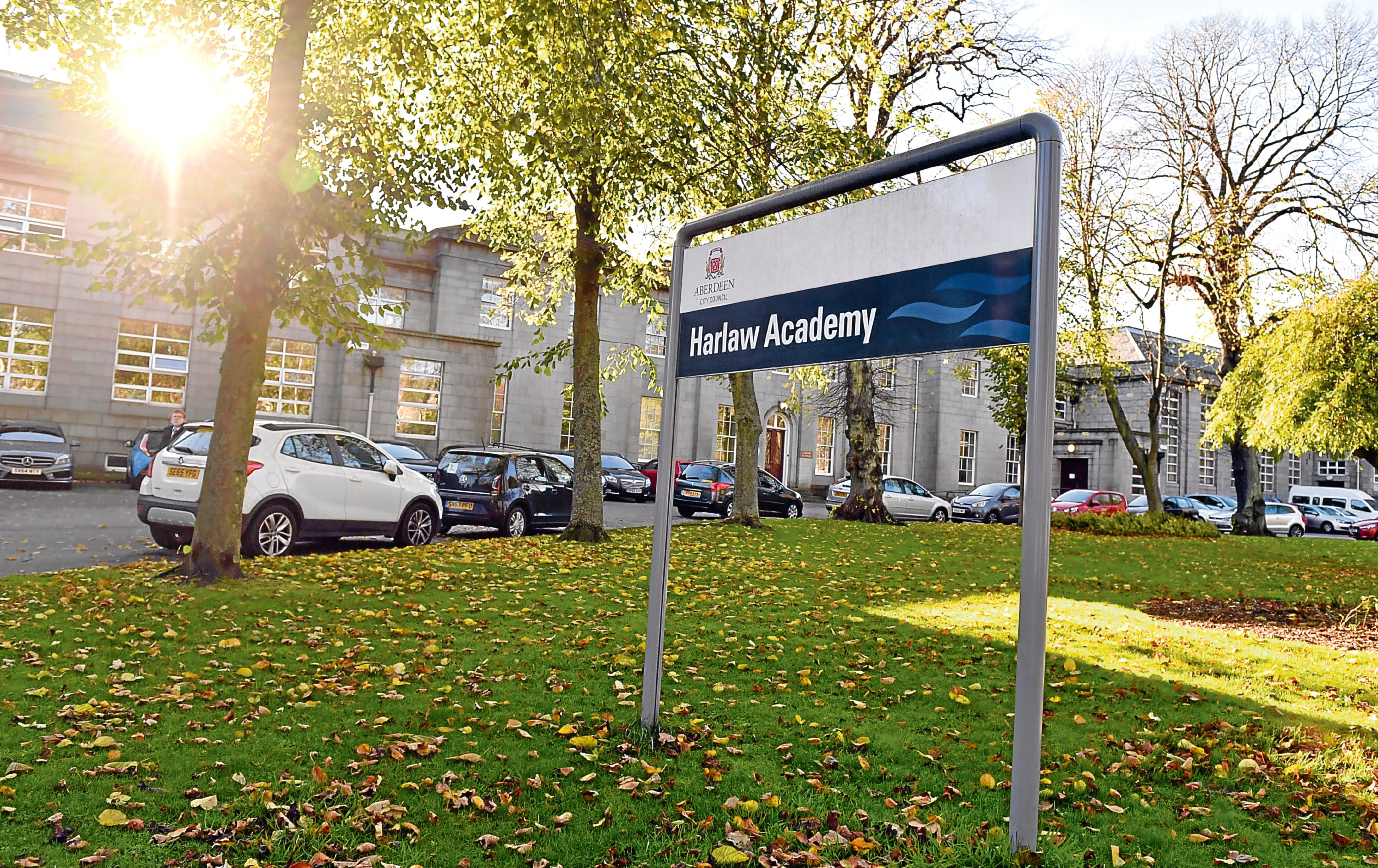A new report has highlighted the impact of “world leading” projects across the north-east and Highlands.
The Scottish Government has published its landmark review of the progress the country has made in delivering the 17 UN Sustainable Development Goals (SDGs), which aim to end poverty and protect the planet.
The review was developed in partnership with SDG Network Scotland, a coalition of over 500 organisations and individuals.
The Bio-therapeutics Hub for Innovation, which will be based in Aberdeen, is classed an example of “sector ambition and growth” as it will double the number of life sciences companies in the region when built.
Meanwhile SCRAPbook, an initiative led by the Moray Firth Partnership and UK Civil Air Patrol, was praised for its ability to use aerial photographs to create a map showing coastal litter and pollution hotspots around the coast of Scotland.
And Aberdeenshire Council’s WorkPlus programme – which provides opportunities for care experienced people – is also drawn on in the review.
Paul Bradley, coordinator of the SDG network, said: “Now in the context of the Covid-19 pandemic, the importance of a global approach to a green and just recovery is further heightened, and Scotland’s role in this is crucial.
“The timing of the publication of this review could not be more important, as Scotland plans to build back better and aim for a sustainable future.”
The topic of climate change and low emission zones in Glasgow, Edinburgh, Aberdeen and Dundee is also discussed in the review.
The document states: “The Scottish Government has taken a range of
other actions to tackle climate change and reduce Scotland’s green house gasses emissions.
“For example, it has launched the low carbon innovation fund – a £13.5million development and capital funding award, and support for a number of world leading hydrogen demonstration projects, providing £6.3million to date for the Aberdeen Hydrogen Bus Project, and £1.3million for Orkney’s Surf N Turf Project, the only project in the world producing hydrogen from tidal power.
“We acknowledge that transport is currently Scotland’s biggest emitting sector and that emissions from transport have been rising since 2013.
“That is why Scotland has bold plans in place and we intend to take further action.”
Meanwhile, the review explains that 1,400 schools in Scotland are involved in Unicef’s
Rights Respecting Schools Award and shines a light on the success of Ferryhill Primary and Harlaw Academy in Aberdeen: the first two in the UK to gain the award.
The review promises the provision of additional counsellors across Scotland’s secondary schools, and supports testing of the Distress Brief Intervention programme in Aberdeen, Inverness, Borders and Lanarkshire.



